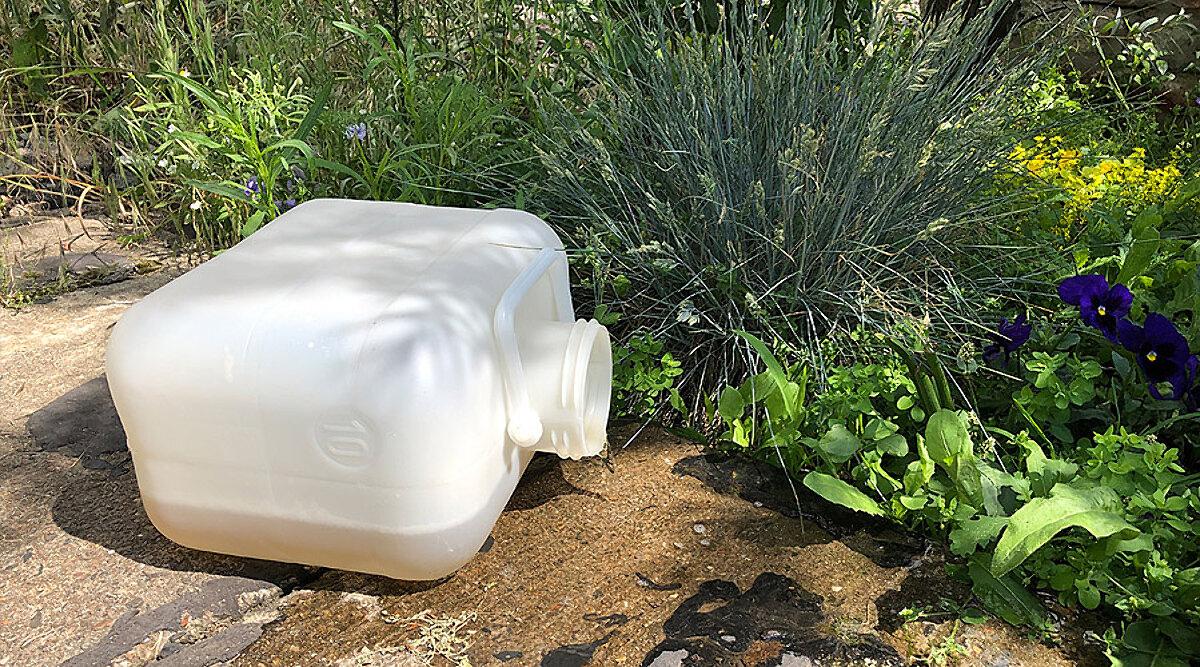

Articles
How To Store Urine For Fertilizer
Modified: January 6, 2024
Learn how to store urine for fertilizer with these informative articles. Discover the benefits of using urine as a natural and eco-friendly fertilizer for your plants.
(Many of the links in this article redirect to a specific reviewed product. Your purchase of these products through affiliate links helps to generate commission for Storables.com, at no extra cost. Learn more)
Introduction
Welcome to the world of organic gardening! If you’re looking for ways to enhance the fertility of your garden without resorting to chemical fertilizers, you’ve come to the right place. In this article, we will explore the unconventional yet highly effective method of using urine as a natural fertilizer. Yes, you read that right – urine!
While the idea of using urine in gardening may sound unusual, it is actually a time-tested and eco-friendly practice that has been used for centuries. Urine is rich in nitrogen, phosphorus, and potassium, which are essential nutrients for plant growth. Its high nitrogen content makes it an excellent source of fertilizer, providing the necessary nutrients for plants to thrive.
Using urine as fertilizer not only benefits the environment by reducing chemical fertilizer usage, but it also provides a sustainable way to recycle a valuable resource that often goes to waste. Plus, it’s completely free!
This comprehensive guide will walk you through the benefits of using urine as fertilizer, the precautions you need to take, how to collect and store urine properly, and how to use the stored urine as a powerful fertilizer for your plants. By the end of this article, you’ll be equipped with all the knowledge you need to harness the power of urine in your garden and achieve impressive results.
Key Takeaways:
- Embrace the unconventional yet effective method of using urine as a natural fertilizer to enhance plant growth, reduce environmental impact, and promote sustainable gardening practices. It’s cost-effective, nutrient-rich, and eco-friendly!
- Safely collect, store, and utilize urine as fertilizer to provide essential nutrients for your plants. Dilute, apply strategically, and monitor plant response to achieve healthier, more robust growth.
Read more: How To Store A Urine Sample
Benefits of Using Urine as Fertilizer
Using urine as fertilizer offers a range of benefits for both your garden and the environment. Let’s take a closer look at some of the advantages:
- Nutrient-Rich: Urine is packed with essential nutrients that plants need to grow. It is particularly high in nitrogen, phosphorus, and potassium, which are key elements for healthy plant development. By utilizing urine as fertilizer, you can provide your plants with these nutrients in a natural and readily available form.
- Cost-Effective: One of the major advantages of using urine as fertilizer is the cost savings. Instead of buying expensive commercial fertilizers, you can harness the power of urine, which is readily available and completely free. This makes it an excellent choice, especially for gardeners on a budget.
- Environmentally Friendly: By using urine as a natural fertilizer, you can reduce your reliance on chemical fertilizers that can harm the environment. Urine is a sustainable and eco-friendly alternative that helps minimize water pollution and reduces the energy and resources needed for fertilizer production.
- Closes the Nutrient Cycle: Urine contains valuable nutrients that are typically wasted when flushed down the toilet. By collecting and using urine as fertilizer, you are closing the nutrient cycle and returning those valuable nutrients back to the soil. This helps maintain soil fertility and promotes sustainable gardening practices.
- Promotes Plant Growth: The nutrients present in urine stimulate plant growth and development. Nitrogen promotes leafy green growth, phosphorus is essential for root development, and potassium supports overall plant health and resilience. By using urine as fertilizer, you can provide these essential nutrients to your plants, resulting in healthier and more robust growth.
- Improves Soil Structure: Apart from providing nutrients, urine also enhances the soil structure. The organic matter present in urine aids in improving soil fertility, moisture retention, and microbial activity. It helps create a looser and more crumbly soil texture, allowing for better root penetration and nutrient uptake by plants.
These are just a few of the many benefits that come with using urine as fertilizer. It is a natural and sustainable method that can significantly improve the health and productivity of your garden, while also reducing your environmental footprint. So, why let this valuable resource go to waste when it can be utilized to its full potential?
Precautions and Safety Measures
While using urine as fertilizer is generally safe and beneficial, it is important to take some precautions to ensure the health of both your plants and yourself. Here are some key safety measures to keep in mind:
- Dilution: It is crucial to dilute urine before applying it to your plants. Undiluted urine can be too concentrated with nutrients and may burn or damage the plants. Dilute one part urine with eight to ten parts water to ensure a safe and balanced fertilizer solution.
- Freshness: Use fresh urine for fertilizer. Storing urine for long periods can lead to the growth of harmful bacteria, which can negatively affect plants. Fresh urine is also more potent in terms of nutrient content, ensuring that your plants receive the maximum benefit.
- Hygiene: It is essential to maintain proper hygiene when collecting and handling urine for fertilizer. Make sure to wash your hands thoroughly before and after handling urine. Use clean and sterile containers for urine collection to prevent any contamination.
- Proper Application: Apply urine fertilizer directly to the soil around the plant, avoiding direct contact with leaves or other above-ground plant parts. This helps minimize the risk of any potential pathogens present in the urine coming into contact with edible parts of the plant.
- Avoid Use on Edible Crops: It is generally recommended to avoid using urine as fertilizer on edible crops that are consumed raw, such as lettuce or strawberries. Since urine is a human waste product, there is a possibility of bacterial contamination. Stick to using urine on non-edible plants or apply it to the soil around edible plants, keeping it away from the parts you consume.
- Test Before Widespread Use: Before using urine fertilizer on your entire garden or a specific plant species, it is advisable to conduct a small-scale test on a small area or a few plants. This ensures that your plants respond well to the fertilizer and helps you gauge the appropriate dilution ratio for optimal growth.
By following these precautions and safety measures, you can safely utilize urine as fertilizer without compromising the health of your plants or yourself. It is important to be conscious of maintaining hygiene and properly incorporating urine into your gardening practices to ensure the best results.
Collecting Urine for Fertilizer
Collecting urine for use as fertilizer is a simple process that requires minimal effort. Here are some practical tips to help you collect urine effectively:
- Timing: The best time to collect urine is in the morning when it is typically more concentrated. This is when the nitrogen content is highest, making it more effective as a fertilizer.
- Containers: Use clean and sterile containers to collect urine. You can use a wide variety of containers, such as jars, bottles, or even urination devices specially designed for urine collection. Ensure that the containers have a tight-fitting lid to prevent any leaks or spills.
- Privacy: If you prefer privacy while collecting urine, consider using a dedicated collection container placed inside your bathroom. This can be any discreet container with a wide opening that can be easily cleaned and sanitized.
- Hygiene: Maintain good hygiene practices by thoroughly washing your hands before and after urine collection. This helps prevent any potential contamination from harmful bacteria.
- Preventing Contamination: Ensure that urine collection containers are not exposed to any chemicals or cleaning agents that could contaminate the urine. It is also essential to avoid contact with any fecal matter during collection.
- Labeling: Clearly label the containers to differentiate them from other household items. This prevents any accidental use or confusion.
- Quantity: Collect the amount of urine you think you will need for immediate use or storage. Remember that urine fertilizer is always diluted before application, so you might need less than you initially think.
- Frequency: Collect urine regularly to ensure a steady supply for your fertilizer needs. This can be done daily or as frequently as you feel comfortable with.
- Children and Pets: If you have children or pets at home, make sure to store urine collection containers out of their reach to prevent any accidents or unintended ingestion.
By following these guidelines, you can collect urine safely and efficiently for use as fertilizer. Remember to maintain proper hygiene throughout the process and be mindful of preventing any contamination. With a consistent collection routine, you’ll have a sustainable supply of nutrient-rich urine fertilizer for your garden.
Store urine in a sealed container to prevent evaporation and odor. Dilute with water before using as fertilizer to avoid burning plants.
Storing Urine Properly
Proper storage of urine is essential to maintain its effectiveness as a fertilizer while ensuring its safety for use. Here are some guidelines for storing urine:
- Containers: Use tightly sealed containers made of non-reactive materials, such as plastic or glass, to store urine. Make sure the containers are clean and free from any traces of chemicals or contaminants.
- Location: Store urine in a cool and dark place, away from direct sunlight. Exposure to sunlight can break down certain components in the urine, reducing its effectiveness as a fertilizer.
- Odor Control: Urine can emit a strong odor due to the breakdown of urea into ammonia. To avoid any unpleasant smells, consider using containers with tight-fitting lids or adding a small amount of vinegar to the storage container to help neutralize the odor.
- Labeling: Clearly label the containers with the date of collection to keep track of the freshness of the urine. This will help you prioritize the use of older urine before the newer batches.
- Rotation: Use a first-in, first-out approach when using stored urine as fertilizer. This means using the oldest urine first, ensuring that it does not sit for too long and lose its potency.
- Storage Duration: Ideally, plan to use stored urine within one to two weeks to ensure its nutrient content remains viable. The longer urine is stored, the more the nitrogen content will decrease. However, if stored properly, urine can still be used up to several months after collection.
- Freezing: If you have an excess amount of urine that you are unable to use within a reasonable time frame, you can freeze it to preserve its nutrients. Transfer the urine into freezer-safe containers and store them in a freezer. Freezing helps retain the nutrient content until you are ready to use it.
Remember, while urine can be stored for an extended period, it is best to use it as soon as possible to maximize its effectiveness as a fertilizer. By following these storage guidelines, you can ensure that your urine remains a valuable and reliable nutrient source for your plants.
Read more: How To Store Urine Sample
Different Methods of Storing Urine
There are several methods you can employ to store urine effectively for use as fertilizer. Each method has its advantages and considerations. Let’s explore some of the commonly used methods:
- Sealed Containers: Using sealed containers is the simplest and most common method to store urine. Ensure the container has a tight-fitting lid to prevent any spills or leaks. Plastic or glass containers with a wide opening are ideal, as they are easy to clean and handle. Remember to label the containers with the collection date for proper rotation.
- Storage Barrels or Jugs: For those who collect larger quantities of urine, storage barrels or jugs can be an efficient option. Choose containers that are large enough to accommodate the urine you intend to store. Make sure they have tight-sealing lids to prevent odor and spillage. Consider placing the containers in a dark and cool location to preserve the nutrient content.
- Freezing: Freezing urine is another effective way to store it for longer periods. Transfer the urine into freezer-safe containers, leaving some headspace for expansion. Label the containers and place them in the freezer. Freezing halts the degradation of nutrients and ensures their preservation. When you’re ready to use the urine, allow it to thaw before diluting and applying it to your plants.
- Drying: Drying urine to create a concentrated fertilizer is a method that allows for long-term storage and ease of use. This process involves evaporating the liquid content of the urine, leaving behind urea crystals. Spread fresh urine in a thin layer on a non-reactive surface, such as a glass or ceramic plate. Place it in a well-ventilated area away from direct sunlight. Stir occasionally until the liquid evaporates completely. Once dried, store the urea crystals in an airtight container. When needed, dissolve the crystals in water before using them as fertilizer.
- Urine Diverting Systems: For a more sophisticated approach, a urine diverting system can be installed in your home. These systems separate urine from wastewater, allowing you to collect it easily. The collected urine can then be stored in containers or directed to a larger storage tank. This method is especially useful if you have multiple people contributing to the urine supply, or if you wish to collect urine consistently for larger gardening projects.
Choose the storage method that best suits your needs and resources. Remember to consider factors like space availability, quantity of urine collected, and personal preference. Regardless of the method you choose, proper storage ensures that you have a readily available supply of urine fertilizer to nourish your plants and promote their healthy growth.
Using Stored Urine as Fertilizer
Now that you have properly collected and stored urine, it’s time to learn how to incorporate it into your garden effectively. Here’s a step-by-step guide on using stored urine as fertilizer:
- Dilution: Before applying urine to your plants, it is crucial to dilute it to prevent any potential damage. Mix one part stored urine with eight to ten parts water. This ensures a balanced fertilizer solution and reduces the risk of burning your plants with concentrated nutrients.
- Timing: Apply urine fertilizer to your plants during their active growing season. This is when they can best utilize the nutrients for growth. Avoid applying urine when the plants are stressed or during extreme weather conditions, such as drought or excessive heat.
- Application: Use a watering can or sprayer to apply the diluted urine fertilizer to the soil around the base of your plants. Avoid direct contact with plant leaves or stems, as this can lead to potential leaf burn or scorching. Applying the fertilizer to the soil allows the plants to absorb the nutrients through their roots.
- Frequency: Apply urine fertilizer to your plants every two to four weeks, depending on their nutrient requirements and growth rate. Over-fertilization can lead to nitrogen burn, so it’s essential to follow the recommended dilution ratio and application frequency.
- Variety of Plants: Different plants have varying nutrient requirements, so it’s important to adapt the application of urine based on their needs. Leafy greens, such as lettuce and spinach, benefit from higher nitrogen levels, while fruiting plants, like tomatoes and peppers, require more phosphorus and potassium. Research the nutrient requirements of your specific plants and adjust the dilution ratio accordingly.
- Alternate with Other Fertilizers: While urine fertilizer is a valuable and natural source of nutrients, it should not be the sole fertilizer used in your garden. It is beneficial to alternate with other organic fertilizers to provide a broader range of nutrients. This helps ensure balanced nutrition for your plants and encourages healthy growth.
- Monitoring Plant Response: Observe how your plants respond to the urine fertilizer. Look for signs of healthy growth, such as vibrant foliage and increased yield. If you notice any adverse effects, such as stunted growth or leaf discoloration, consider adjusting the dilution ratio or reducing the frequency of urine application.
- Consider Soil Conditions: Take into account the composition and pH level of your soil when using urine fertilizer. Conduct a soil test to identify any deficiencies or imbalances. Adjust the dilution ratio accordingly or consider adding other organic amendments to achieve optimal soil fertility.
By following these guidelines, you can effectively utilize stored urine as a natural and sustainable fertilizer for your plants. Remember to maintain a balanced approach, considering the specific needs of your plants and the condition of your soil. With time, you’ll witness the benefits of using urine as fertilizer through healthier, more robust plants and bountiful yields.
Conclusion
Using urine as fertilizer may initially seem unconventional, but it is a proven and sustainable method to enhance the health and productivity of your garden. By harnessing the natural nutrients present in urine, you can reduce your reliance on chemical fertilizers, save money, and play a part in closing the nutrient cycle.
We’ve explored the numerous benefits of using urine as fertilizer, including its nutrient-rich composition, cost-effectiveness, and positive environmental impact. By utilizing urine, you provide your plants with the essential nitrogen, phosphorus, and potassium they need for healthy growth and development. Furthermore, urine fertilization helps reduce water pollution, conserve resources, and promote sustainable gardening practices.
While using urine as fertilizer, it is crucial to take the necessary precautions and safety measures. Dilution, hygiene, and proper application can help ensure the safe and effective use of urine on your plants. Always prioritize the health and well-being of your plants and yourself.
Collecting and storing urine properly are key steps towards successful utilization. Whether it’s using sealed containers, freezing, or drying, there are various efficient methods to store urine for future use. Select the method that aligns with your gardening needs and available resources.
When it comes to using stored urine as fertilizer, remember to dilute the urine before application and consider the specific needs of your plants. Applying urine fertilizer every few weeks and monitoring the plant’s response will help you achieve optimal results.
In conclusion, using urine as fertilizer is a sustainable, cost-effective, and eco-friendly method to enhance the fertility of your garden. By embracing this age-old practice, you not only contribute to healthier and more productive plants, but also make a positive impact on the environment.
So, don’t let this valuable resource go to waste! Start harnessing the power of urine in your garden and experience the benefits for yourself. Happy gardening!
Frequently Asked Questions about How To Store Urine For Fertilizer
Was this page helpful?
At Storables.com, we guarantee accurate and reliable information. Our content, validated by Expert Board Contributors, is crafted following stringent Editorial Policies. We're committed to providing you with well-researched, expert-backed insights for all your informational needs.
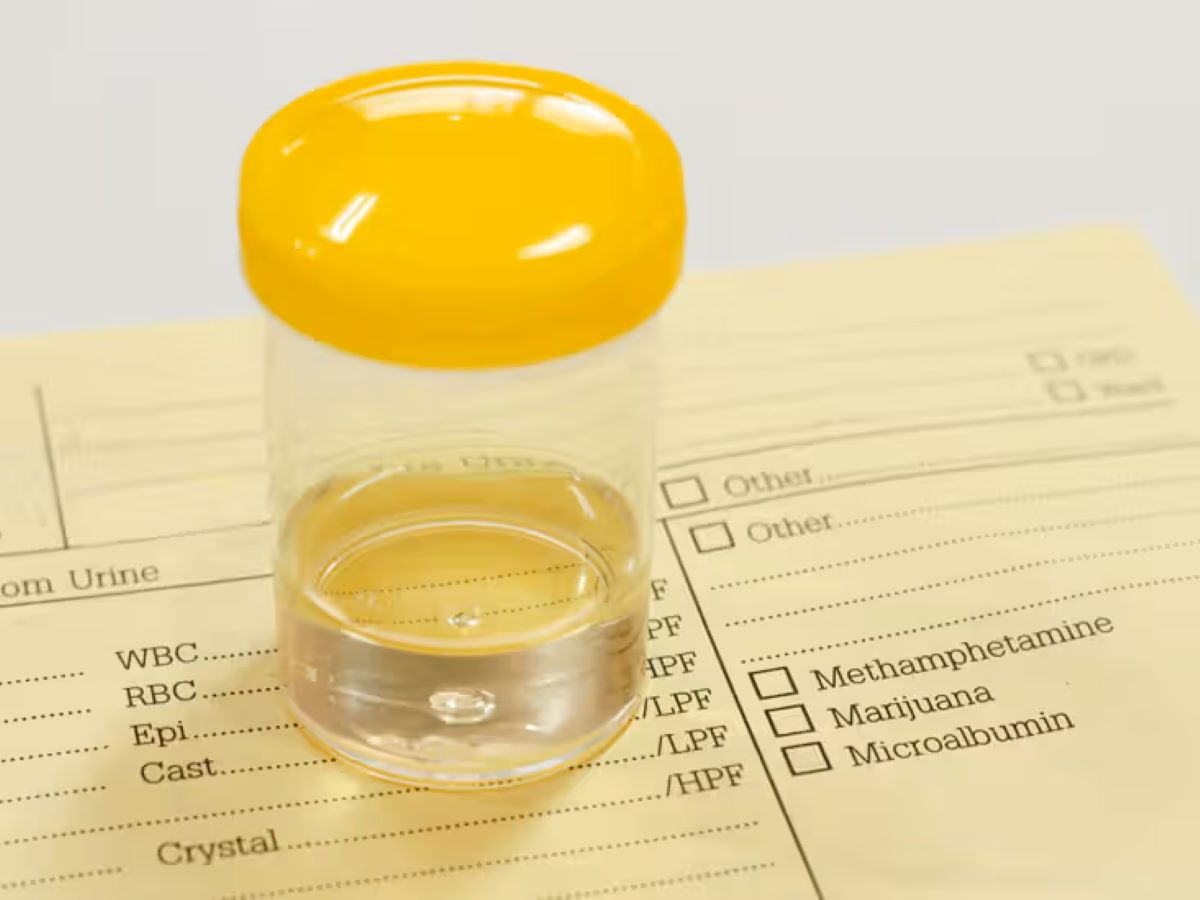
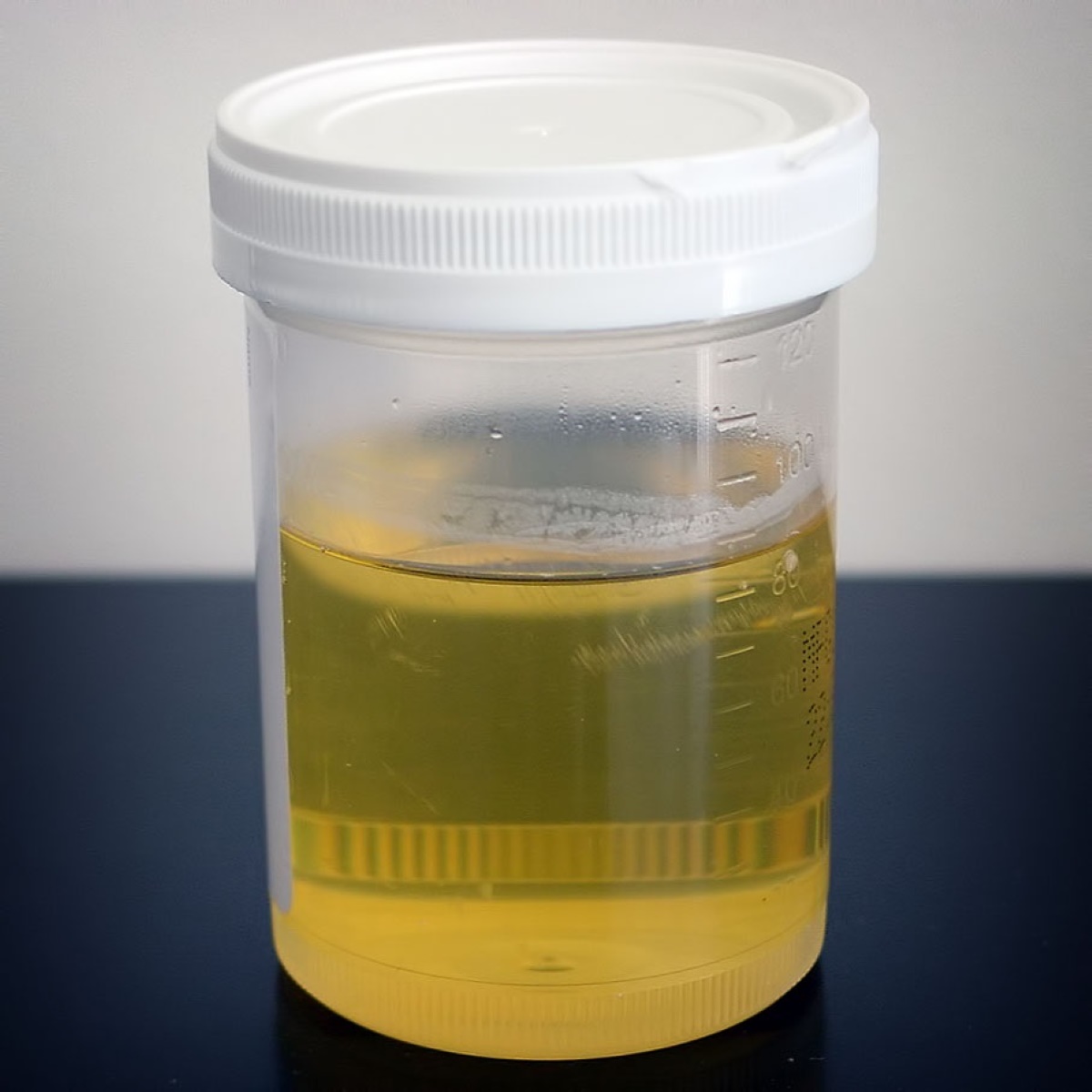
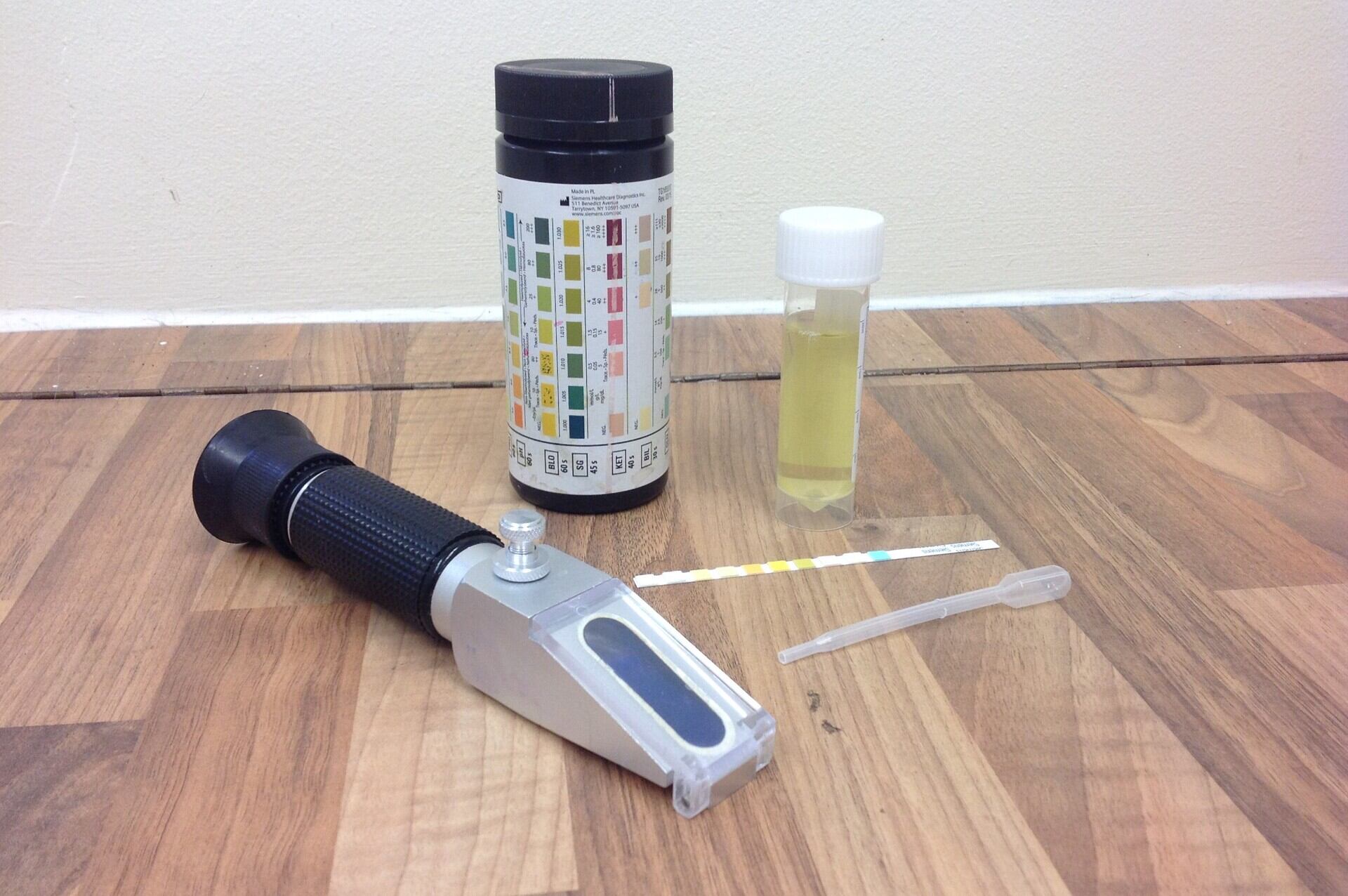
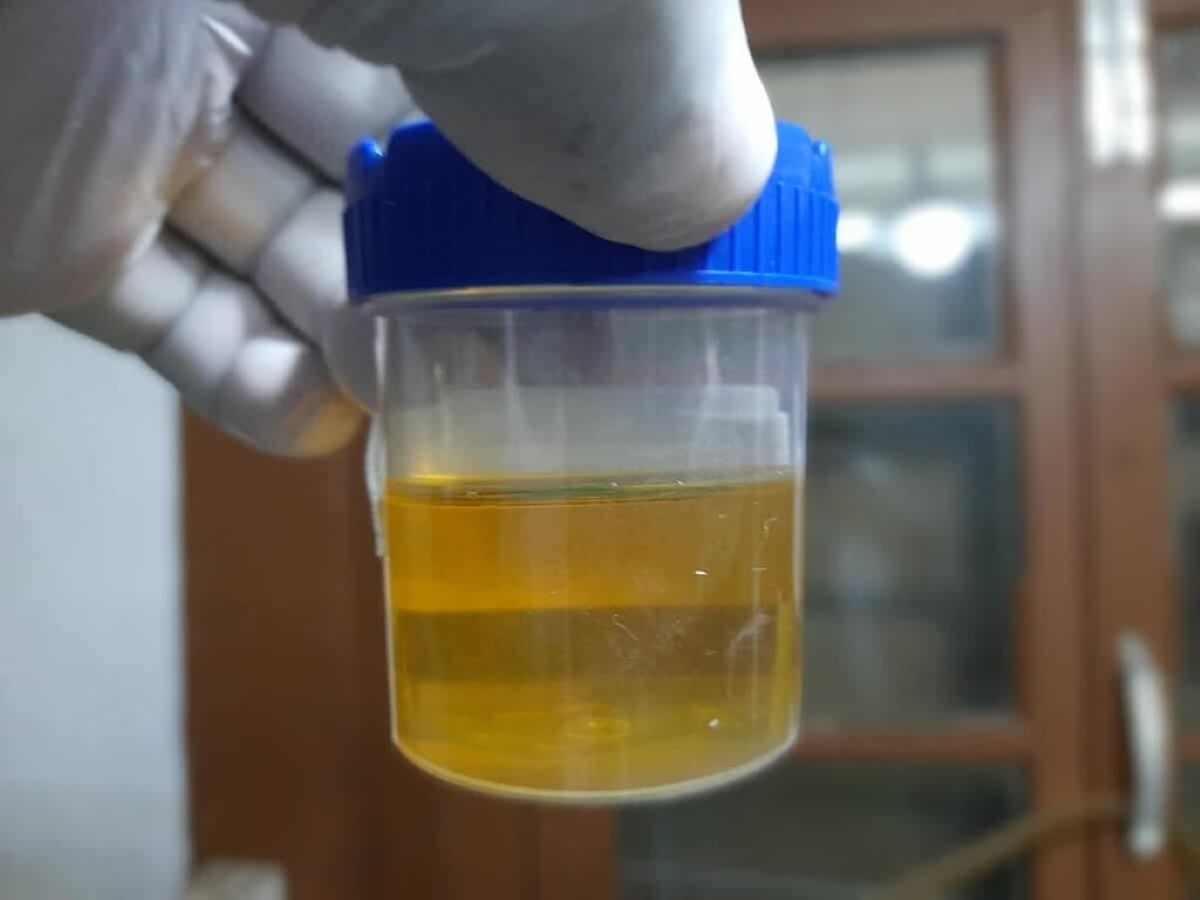
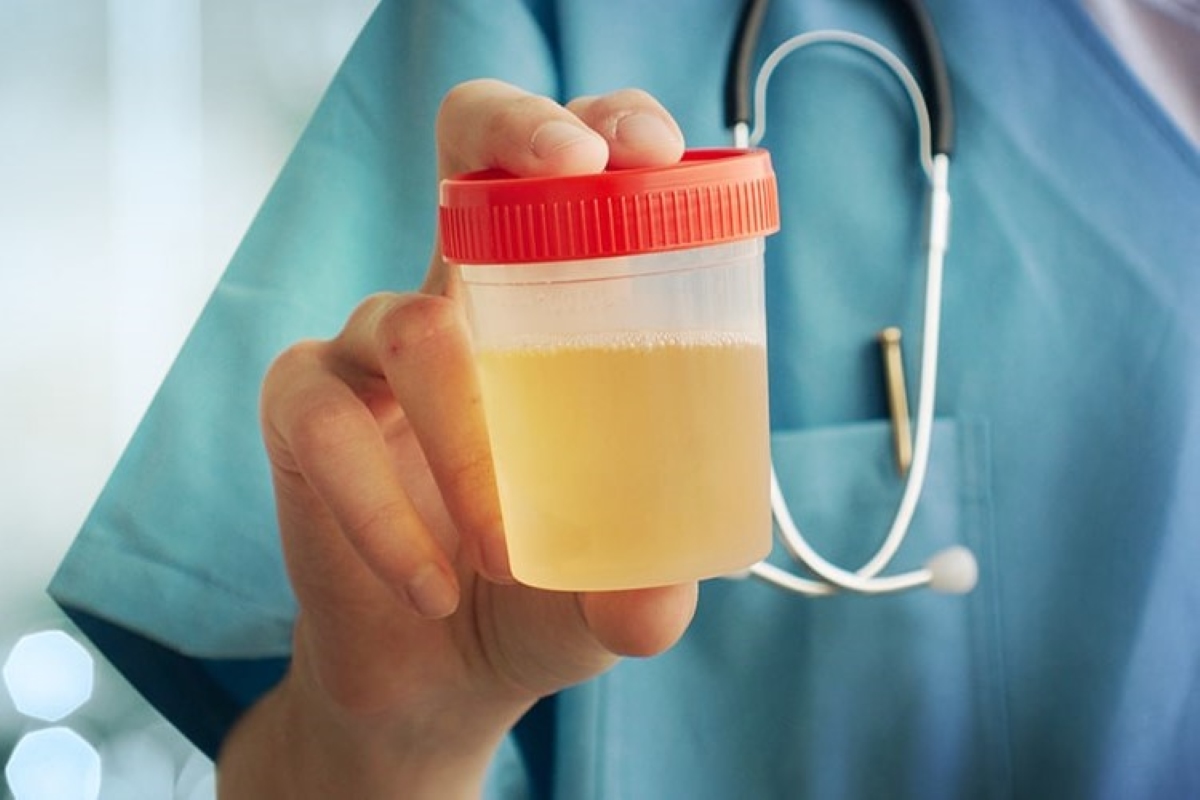
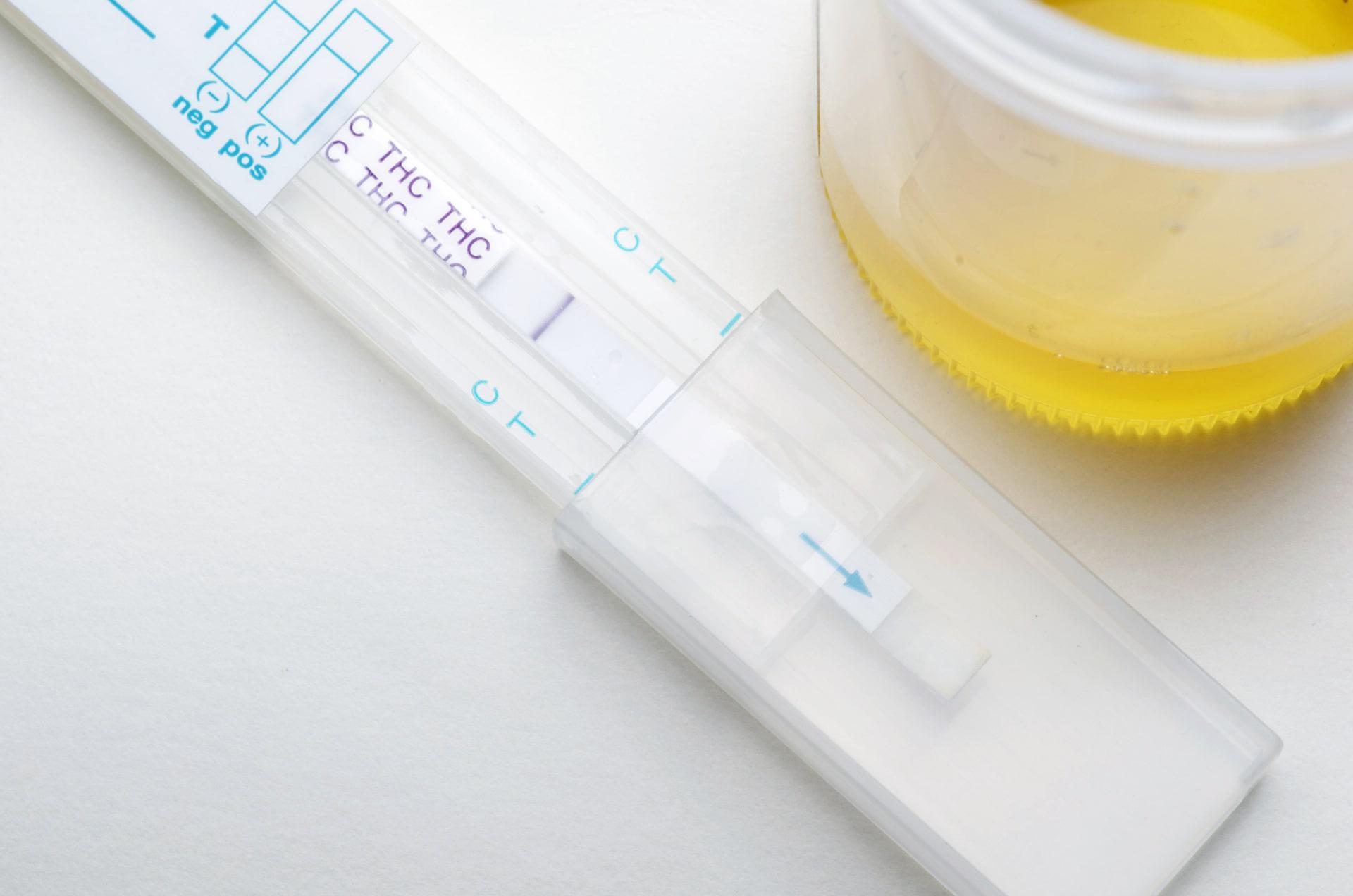
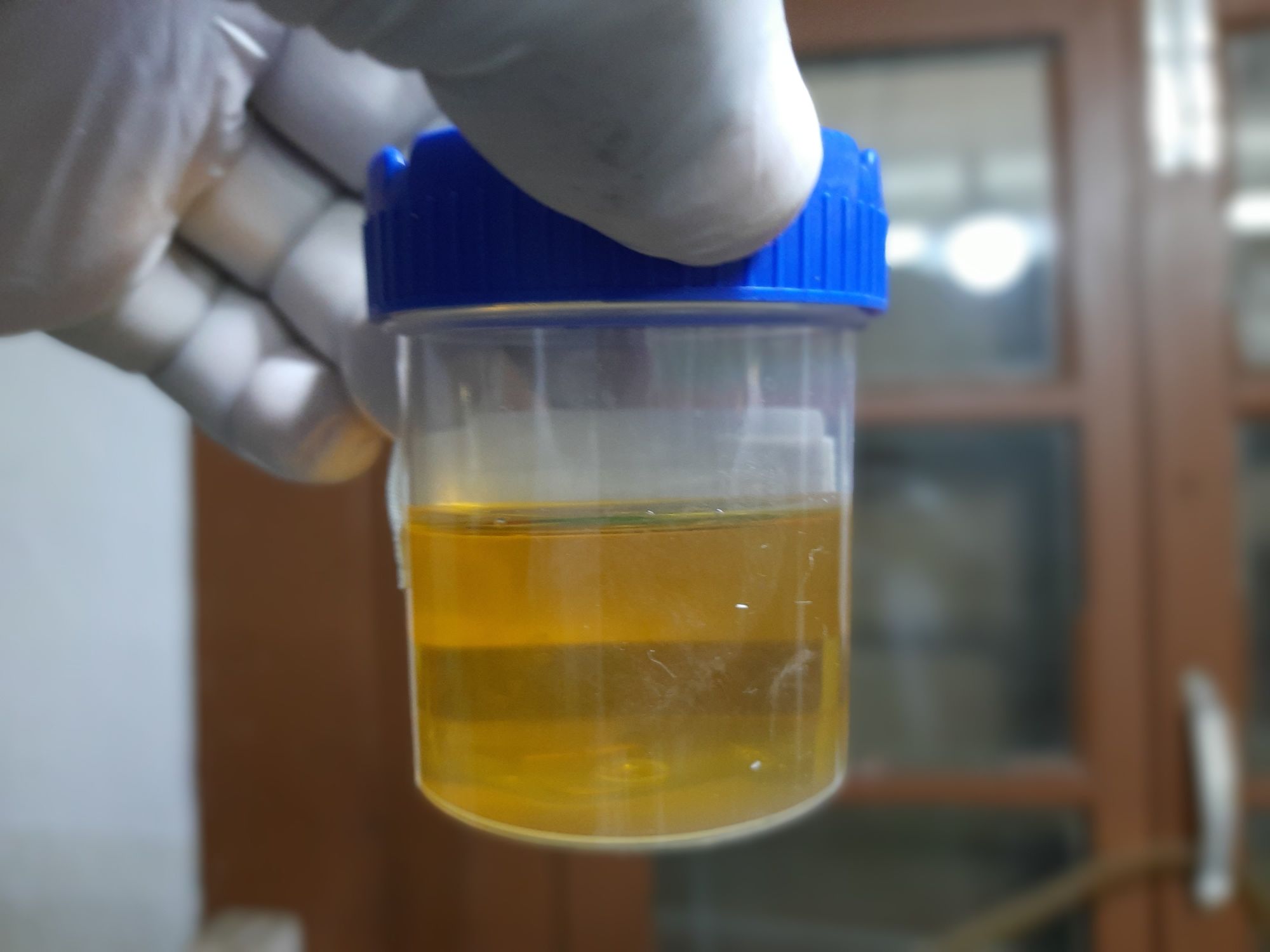
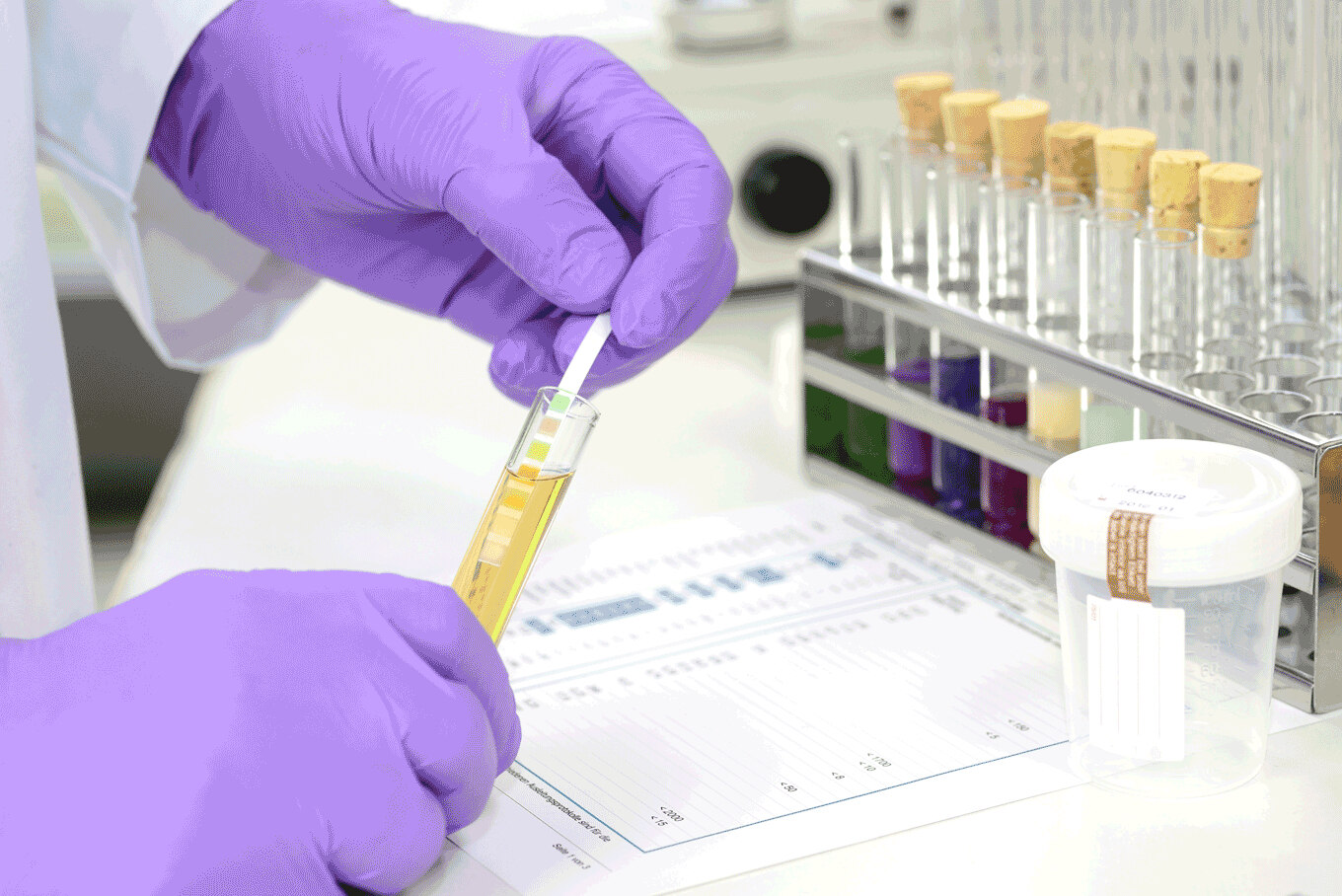
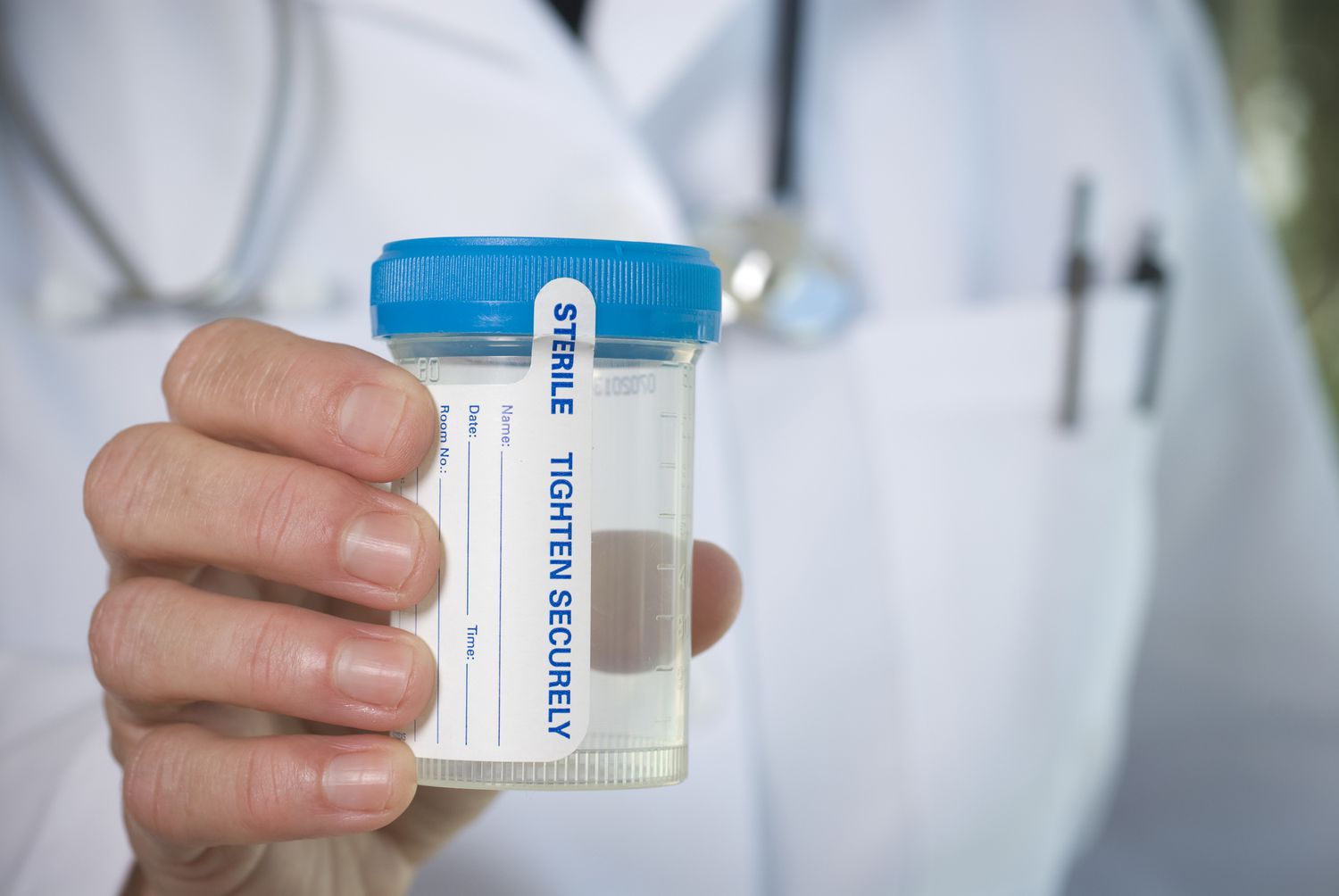
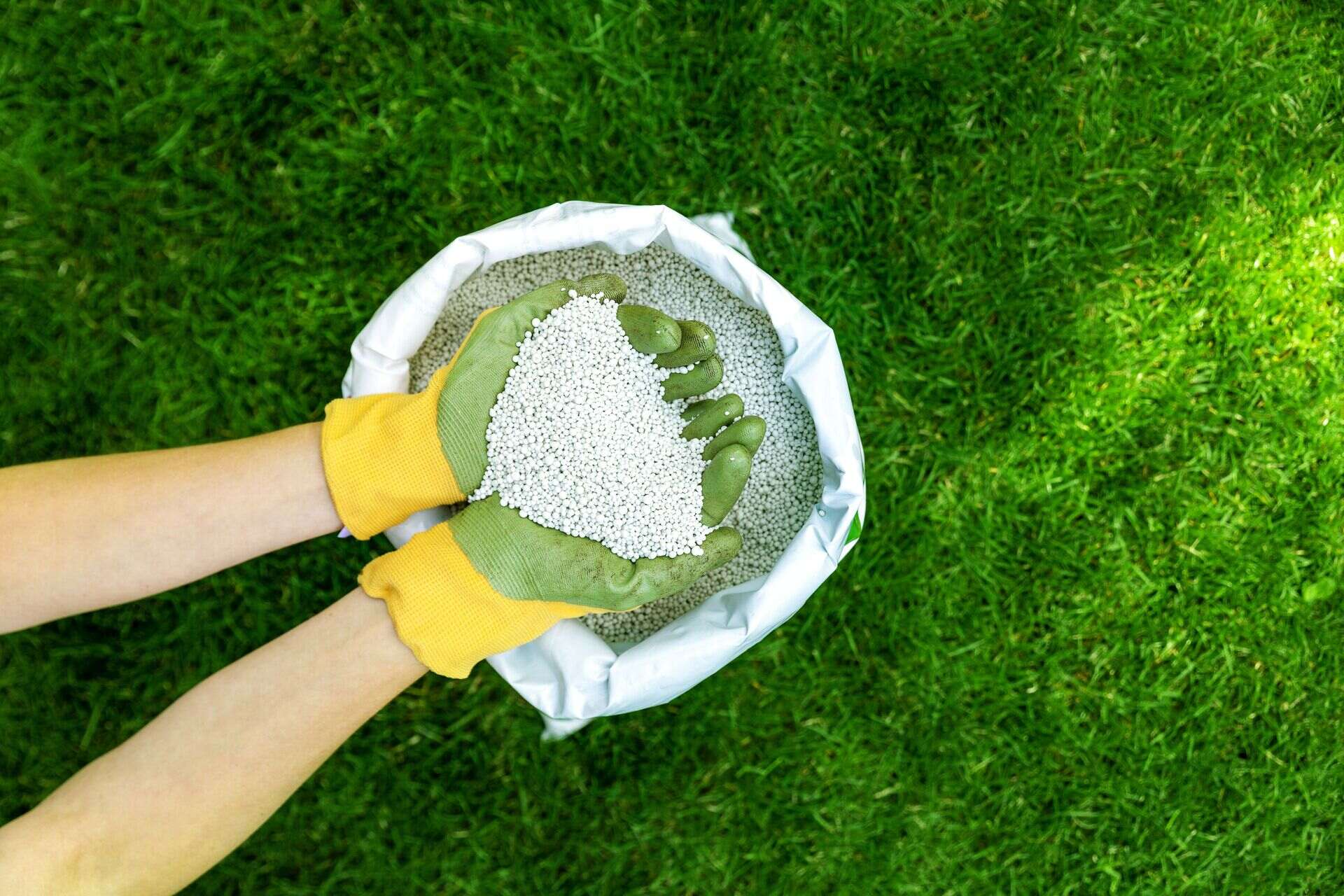
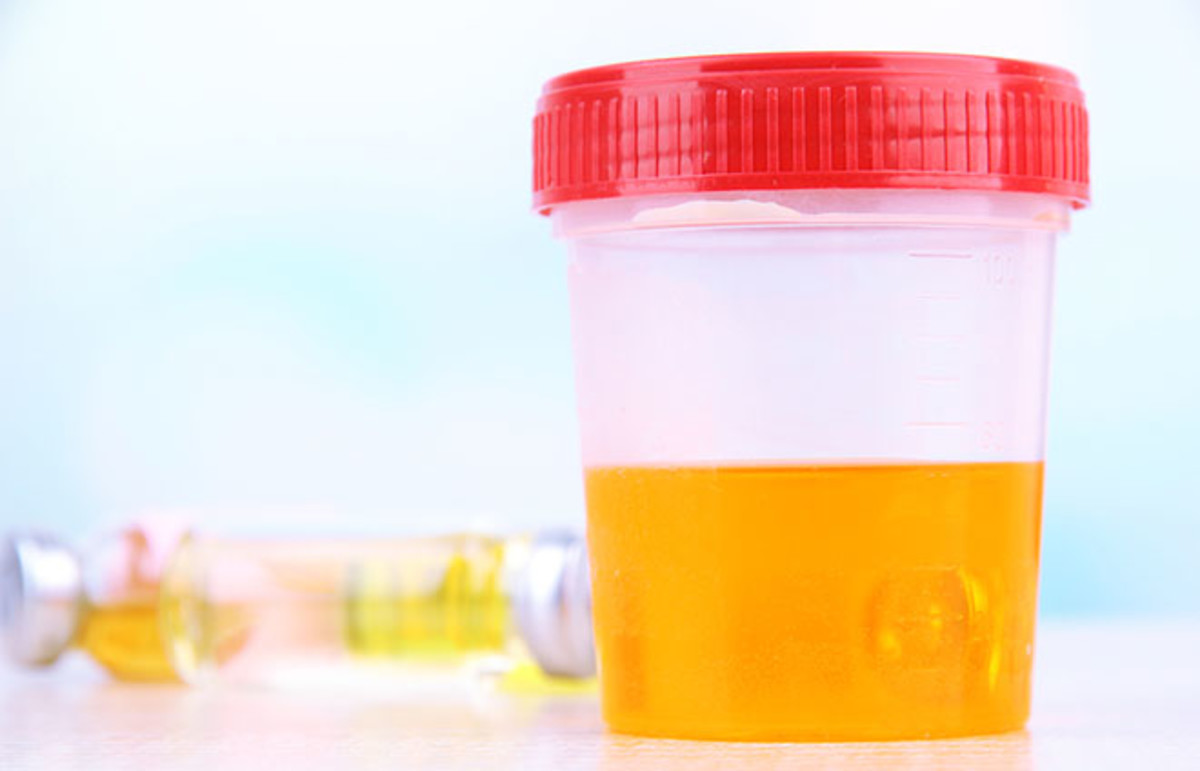
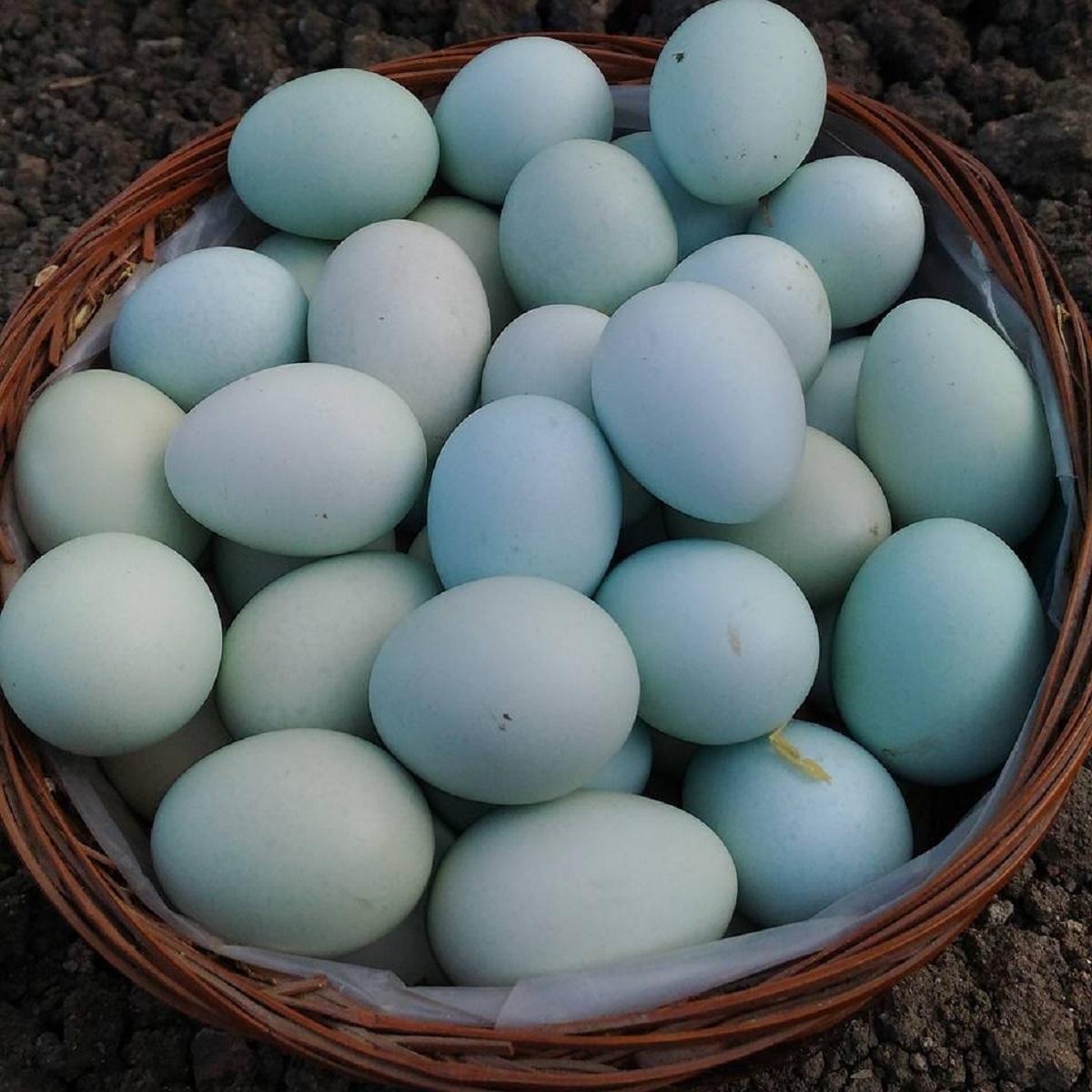
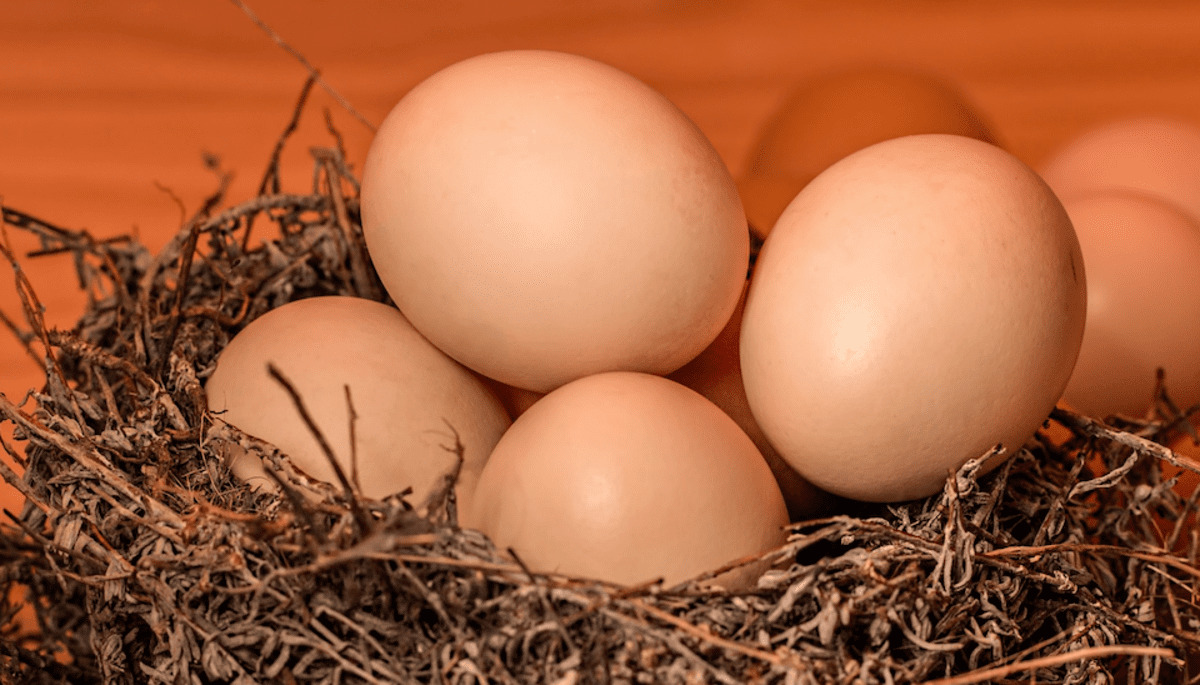
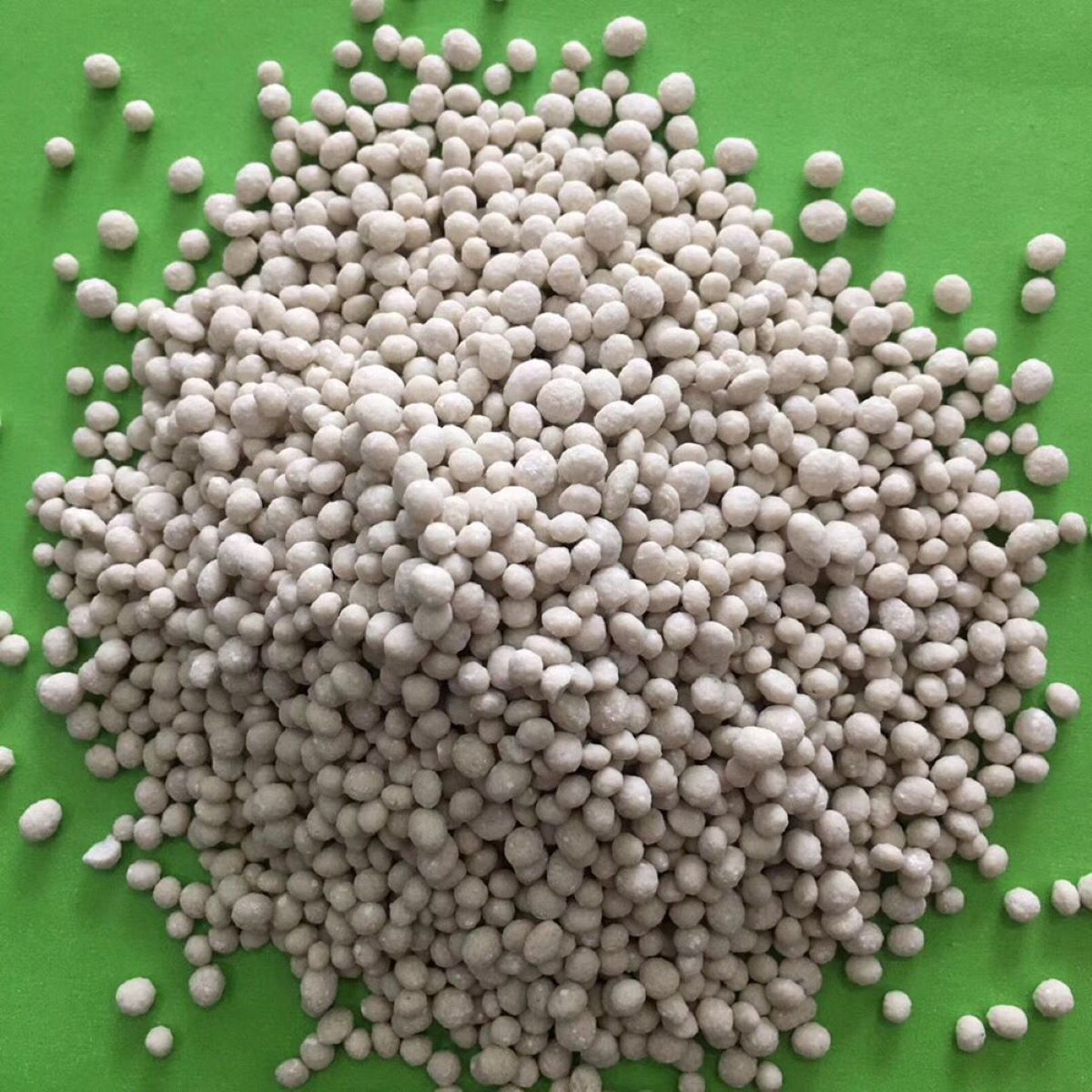

0 thoughts on “How To Store Urine For Fertilizer”